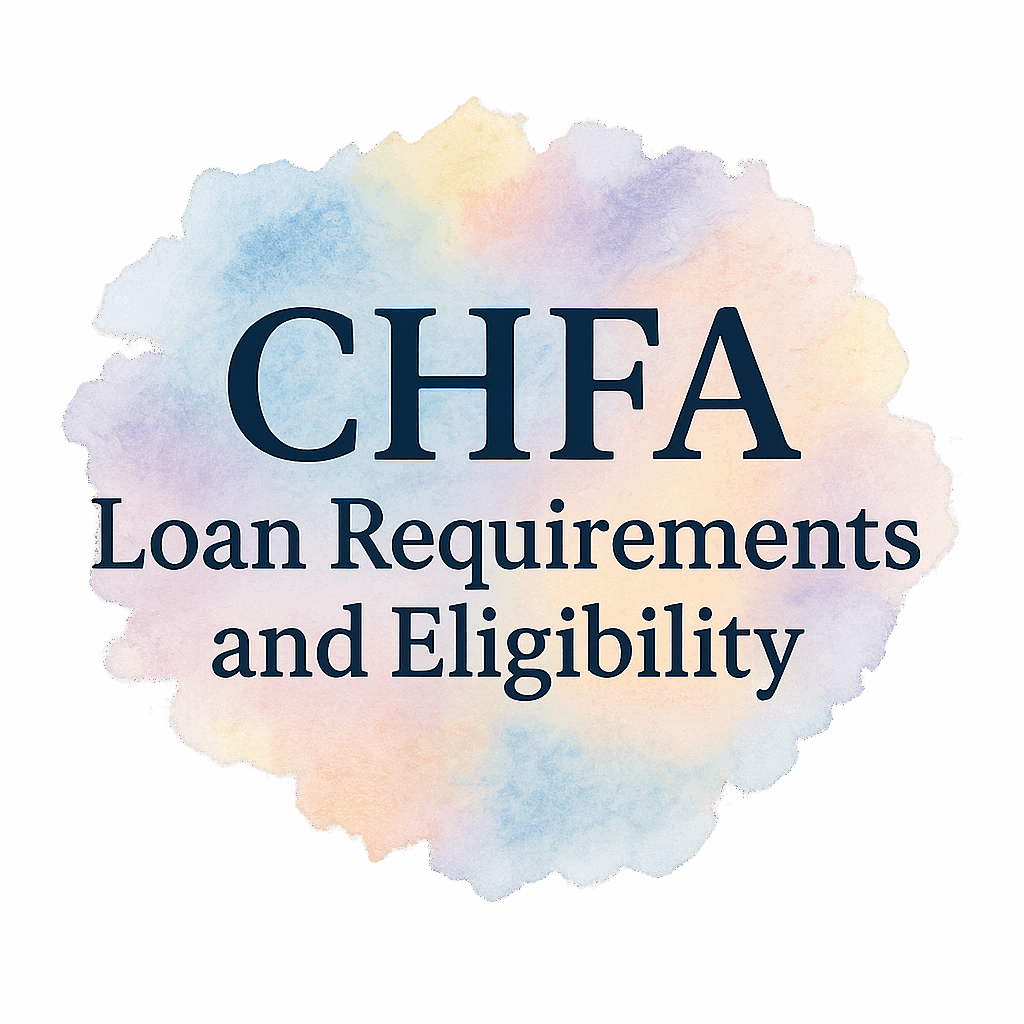Understanding CHFA Loan Requirements
Thinking about getting a CHFA loan? Smart move! The Colorado Housing and Finance Authority (CHFA) helps first-time buyers and people seeking affordable housing options get into their dream homes. But there’s one thing you can’t escape — paperwork. CHFA loan requirements come with specific documentation you’ll need to provide to prove you’re financially ready and eligible.
Need a deeper dive on the basics? Check out CHFA loan basics to start on the right foot.
Why Documentation Matters for CHFA Loans
Imagine trying to build a house without a blueprint. That’s what applying for a CHFA loan looks like if you don’t have your paperwork ready. Lenders rely on your documents to verify your income, employment, credit, and more. The better organized you are, the smoother the loan process will be.
1. Proof of Income
Acceptable Income Verification Documents
Your lender wants to see that you have consistent income to handle mortgage payments. Pay stubs, W-2 forms, or recent tax returns usually do the trick. If you’re self-employed, a profit-and-loss statement or bank deposits may be needed.
Avoiding Income Documentation Mistakes
Don’t submit outdated stubs or inconsistent numbers. Double-check everything before handing it over — lenders notice discrepancies. For step-by-step guidance, visit the application process page.
2. Employment Verification
How Lenders Confirm Your Employment
Lenders typically contact your employer directly or ask for a written verification letter. This confirms that you’re currently employed and your position is stable.
Tips to Ensure Smooth Employment Verification
Give your HR department a heads-up to avoid delays. If you’ve changed jobs recently, keep a record of offer letters or contracts. Need insider tips? Explore these loan application strategies.
3. Credit History Records
What Credit Information Lenders Look For
Your credit report shows how responsible you are with money. Lenders review your payment history, outstanding balances, and credit score.
Correcting Errors in Your Credit Report
Check your report early. If there’s an error, dispute it right away. It’s a good idea to follow mortgage advice from trusted sources to boost your approval odds.
4. Asset and Bank Statements
Demonstrating Financial Stability
Bank statements show that you have enough funds for down payments, closing costs, and emergency reserves.
Common Red Flags in Bank Statements
Large unexplained deposits or overdraft fees could raise eyebrows. Keep your financial picture clean while preparing your loan documents.

5. Personal Identification
Types of Accepted ID for CHFA Loan Applications
A valid driver’s license, state ID, or passport is typically required. Lenders need to confirm your identity for security and compliance.
Preventing Delays with Proper Identification
Make sure your ID is current — expired documents can slow down the process. Learn what else to avoid with this loan dos and don’ts guide.
6. Purchase Agreement or Property Details
Why Property Documents Are Crucial
Lenders need details about the home you’re buying — price, condition, and location all matter for CHFA loan requirements.
Ensuring Your Contract Matches Loan Guidelines
Review your purchase agreement carefully. If something conflicts with CHFA eligibility criteria, address it quickly.
7. Tax Returns and W-2 Forms
How Tax Records Support Your Application
Your tax documents verify long-term income consistency and reveal any additional sources of income.
Organizing Your Tax Documents for Faster Approval
File them by year and make digital copies. This makes it easier to submit everything the lender requests and speeds up your mortgage process.
8. CHFA-Specific Forms and Disclosures
Required State or Program Documents
Every CHFA loan program comes with special forms. These could include down payment assistance agreements or state housing disclosures.
Staying Updated with the Latest CHFA Requirements
Requirements change occasionally. Keep up-to-date by visiting CHFA loan requirements and benefits programs.
How to Stay Organized During the CHFA Loan Process
Using Checklists to Track Documentation
A checklist is your best friend. Mark off items as you go to avoid missing anything critical.
Leveraging Online Resources for Guidance
There are countless beginner’s guides and step-by-step guides available to help you prepare. The better you plan, the smoother your approval journey.
Final Thoughts on Meeting CHFA Loan Requirements
Applying for a CHFA loan isn’t complicated when you’re organized. Think of it like packing for a long trip — you need to bring all the essentials. By gathering proof of income, employment verification, credit history, asset statements, personal ID, property details, tax returns, and CHFA-specific forms, you’ll walk into your lender’s office prepared. For even more insight, check out these tips and strategies to make the process stress-free.
FAQs
1. What is a CHFA loan?
It’s a loan program from the Colorado Housing and Finance Authority designed to help first-time buyers and those seeking affordable mortgage options.
2. Do I need perfect credit to qualify?
Not necessarily. While good credit helps, CHFA loans are more flexible than conventional loans. Learn more at CHFA loan basics.
3. How long does CHFA loan approval take?
Timelines vary, but having complete documentation speeds things up. Following loan process best practices helps.
4. Can I apply online?
Yes! You can start your application on chfaloans.com.
5. Do I need tax returns if I’m a salaried employee?
Usually, yes. Lenders like to see at least two years of returns, even if you provide pay stubs.
6. Are there down payment assistance programs?
Absolutely. Check out benefits programs to see what fits your situation.
7. What if I’m missing a document?
Talk to your lender early. They may offer alternatives or guide you through obtaining it. For helpful preparation, visit homebuyer tips.
